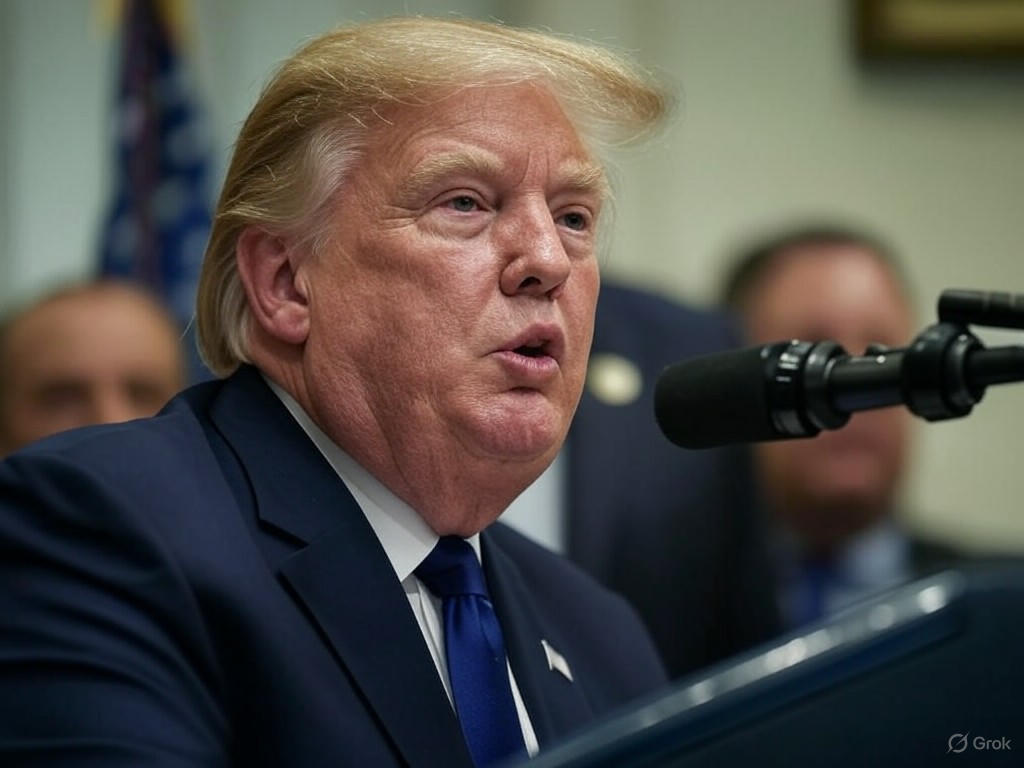Oil Prices Plummet Amid Middle East Ceasefire Breakthrough
In a dramatic turn of events, global oil markets have taken a sharp dive following a surprising announcement from U.S. President Donald Trump. The leader revealed a tentative ceasefire agreement between Iran and Israel, a development that has sent shockwaves through the energy sector. With tensions in the Middle East easing, at least for now, the price of crude oil has dropped significantly for the second consecutive day, leaving investors and analysts scrambling to assess the long-term implications.
The ceasefire, brokered under intense diplomatic efforts, marks a rare moment of de-escalation in a region often synonymous with geopolitical strife. President Trump emphasized his administration’s commitment to ensuring a steady flow of oil from Iran, a key player in the global energy market. This move is seen as an attempt to stabilize prices and prevent supply disruptions that have historically rattled economies worldwide. Iran, home to vast oil reserves, has faced stringent sanctions and export limitations in recent years due to international conflicts. A potential easing of these restrictions could flood the market with additional supply, further pressuring prices downward.
Market reactions were swift and decisive. Brent crude, the international benchmark, fell by over 5% in early trading, while West Texas Intermediate (WTI) saw similar declines. Energy stocks followed suit, with major oil companies witnessing significant drops in share value. Analysts point to an already oversupplied market as a contributing factor, noting that the ceasefire could exacerbate existing imbalances. ‘This ceasefire, while a positive step for peace, introduces new uncertainties for oil producers,’ said Sarah Bennett, a senior energy analyst at Global Markets Insight. ‘With Iranian oil potentially re-entering the market at full capacity, we could see sustained low prices unless demand picks up dramatically.’
Beyond the immediate financial impact, the ceasefire raises broader questions about the future of energy geopolitics. For years, Middle Eastern conflicts have been a driving force behind oil price volatility, often benefiting producers during times of scarcity. Now, with a temporary truce in place, attention turns to how major oil-exporting nations will adapt. Countries like Saudi Arabia and Russia, which rely heavily on oil revenues, may need to recalibrate their strategies to maintain market share in a potentially saturated landscape.
As the dust settles on this historic diplomatic achievement, the oil industry braces for a period of adjustment. While the ceasefire offers a glimmer of hope for stability in the Middle East, its ripple effects on global energy markets are just beginning to unfold. Investors remain cautious, aware that peace in the region is often fragile. For now, the world watches closely, waiting to see if this breakthrough can withstand the test of time and whether oil prices will find a new equilibrium in this altered geopolitical climate.


